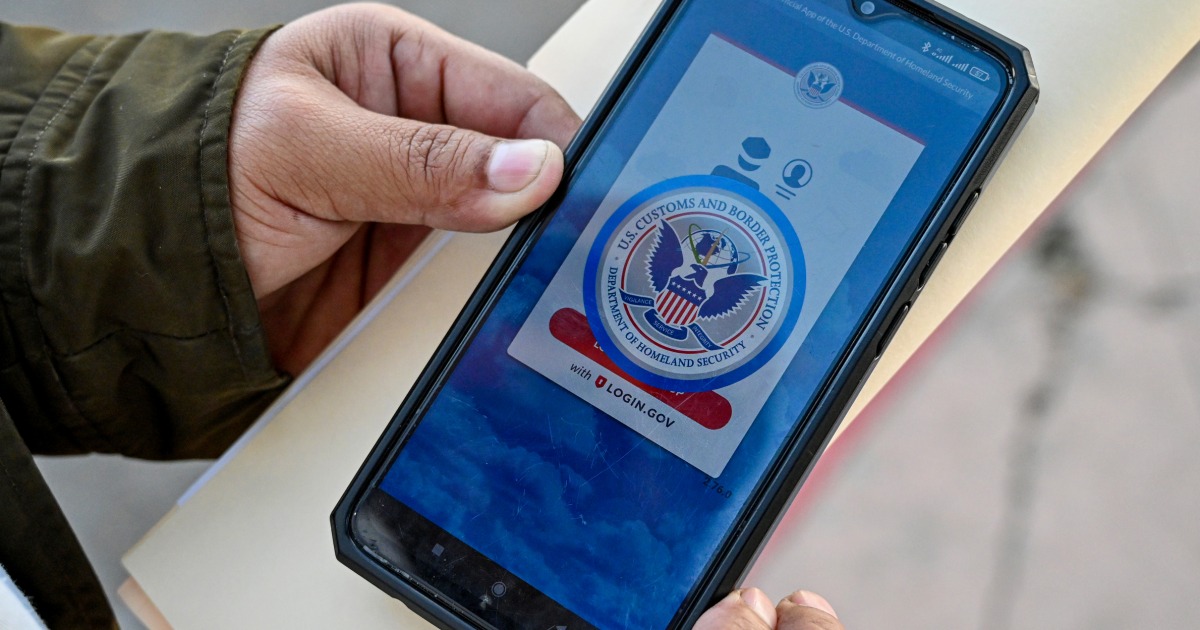Microsoft was the first to put AI on devices with its Copilot+ launch months ago. It caught Google and Apple sleeping and seemed poised to own the AI space with the help of OpenAI and ChatGPT.
However, Microsoft’s execution was so flawed that it isn’t clear if anyone is even using these Copilot+ features now. Recall is still being held back, and buyers are confused about what is or is not an AI PC, given there are no desktop AI PCs, gaming AI PCs, or workstation AI PCs in the market or on the near-term horizon.
This has given both Apple and Google time to close the competitive gap. Apple announced its Apple Intelligence initiative in June and then rolled it out last week in a way that should have more general Apple users using desktop and smartphone AI than Windows users are. Google has also begun to roll out AI features, so both companies are taking advantage of Microsoft’s extremely poor execution.
The big difference for Apple is that it has started offering AI experiences in Apple stores with 15-minute sessions so that Apple users and potential users can play with the technology and become more familiar with it. There is no similar effort from either Microsoft or Google.
Let’s discuss how this is likely to benefit Apple and its users during this AI rollout. We’ll then close with my Product of the Week, my new favorite phone: the Google Pixel 9 Pro Fold, which I now carry daily.
The Problem With People and Features
We are creatures of habit. We tend to like to do things as we’ve always done them. This is problematic for companies like Microsoft and feature-rich products like Office 365 and Windows because their advantage over other offerings is their more features.
What makes this problematic is that if users don’t use the massive number of features, it is relatively easy to migrate those users to a competing offering because the competition doesn’t have to bridge all of the features, only the ones most people actually use. We are seeing this happen today with Google Workspace, which, while not as complete as Office 365, does what most people want done and is far cheaper during a time of belt-tightening.
If you don’t get people to use and like the parts of your product that make it unique, even if dominant, a lower-cost competitor can easily migrate those users to their competing offering. To overcome this, if you have a complex product or a unique set of features like, say, Copilot+, you need to promote using these features and remind users of their value. Otherwise, your ability to retain your customer base is significantly degraded.
Internet Explorer Example
We saw this happen with Internet Explorer. Initially blindsided by Netscape Navigator, Microsoft executed exceptionally well and ultimately stole the market away.
Netscape’s downfall stemmed from two strategic missteps. First, they openly challenged Microsoft. Then, instead of making Navigator a front end to a suite of compelling web tools, Netscape chose to compete directly with Microsoft Office. This shift placed them on Microsoft’s turf, a battlefield they were not equipped to win. Netscape lost that battle and became part of history.
Then, after rising to around 98% market share, Microsoft defunded IE much as it has now largely defunded Windows. Google came forward with a version of its Chrome browser that seemed to work better than IE, and Microsoft bled market share.
Given that Microsoft Edge — the browser that followed Internet Explorer — is now based on Google’s Chromium technology, Google owns the browser space and isn’t repeating the mistakes that Netscape and Microsoft made.
Microsoft’s Artificial Intelligence Screw Up
Generative AI, the current advanced iteration of AI, is moving aggressively into the market, mainly via the cloud. Microsoft launched Copilot+ with two features: Cocreator and Recall, which, on paper, were both very useful. Then Microsoft had to pull Recall back because its presentation raised security concerns without mitigating them, and Cocreator alone is basically Dall-E but running locally.
In addition, the only PCs that would run these two apps were those initially configured with the Snapdragon X processor and were focused on people who valued high portability but not performance. It’s a group that just typically wants the basics and doesn’t chase new features or capabilities as much as performance users, gamers, and workstation users do.
So, not only was one of the two apps held back, but the people targeted with the hardware were not those that typically would be first movers for AI tools.
Thus far, it has been one of the worst misfires I’ve ever seen.
Apple’s Better AI Approach
Apple is rolling out its AI tools to its entire customer base, not just a subset of laptop users. Plus, if done right, the in-store experiences mentioned above will convince users to try and eventually use these AI tools, ramping up use far faster than Microsoft’s approach can.
As a result, even though Apple’s AI implementation still lags behind Microsoft’s, more people are likely to use it, so it should be a far stronger competitive differentiator. This is because an unused feature has no value, and Apple is simply doing a far better job of getting people to use Apple Intelligence than Microsoft is doing with Copilot.
Wrapping Up
While entering a market first, as Microsoft did, can provide a significant competitive advantage, poor execution allows competing companies to slipstream this initial effort and seize the market the first mover created. This is what happened with Netscape Navigator and Internet Explorer. Microsoft moved late in that race, but it out-executed Netscape.
Now we see something similar happen with AI between Apple and Microsoft — and Google is right behind Apple. Microsoft opened the market but stumbled, giving Apple the chance to step in with a stronger effort. While Microsoft’s Cloud AI efforts remain largely uncontested, its desktop AI effort is now being eclipsed by both Apple and Google due to Microsoft’s very poor execution.
While part of this is because Microsoft abandoned the smartphone market, the result is the same: Apple is out-executing Microsoft. That means that Microsoft’s goal of displacing Apple will not only not be achieved this cycle, but Apple has a decent chance of taking a significant share from Microsoft as people become more excited about Apple’s more useful AI tools and base user training.

Google Pixel 9 Pro Fold
I read a lot, and I’ve long been a Microsoft phone user, both initially and when Microsoft brought out the Surface Duo and Surface Duo 2. The Duo phones were perfect for me because they used Qualcomm Snapdragon processors, worked incredibly well, and they felt like a book when reading on them.
Nonetheless, keeping with the trend since Bill Gates stepped down from the company, Microsoft again under-executed with the Duo and is again out of the phone business, leading me to search for a replacement.
The closest was the Google Pixel Fold, which was a good phone but lacked a powerful processor, and it was decidedly less feature-rich than my old and obsolete Duo 2 phone, which had to be retired. Then the Pixel 9 Pro Fold came out. While it, too, lacks a Qualcomm processor (which it should have as a premium phone), the Google processor it has is far more powerful than the one in the old Pixel Fold, and it supports head-mounted displays that the older Pixel Fold did not.
As a result, the Pixel 9 Pro Fold has been a dream to live with. It has decent all-day battery life even if I’m reading for most of the day, fast inductive charging (though the magnet on the phone is weaker than on earlier phones, so inductive charging placement is a bit more difficult), the camera is very good, and the sound quality, for a small device, is decent as well.
At around $1,300, this isn’t a cheap phone, but it is worth the money. While I’m still lusting after that Huawei Tri-Fold phone I can’t get my hands on, this Google phone is certainly less expensive and more practical.
The phone is handy for movies on a plane or in a car, great for reading and browsing the web, and has a head-mounted display and a keyboard. It can even sub for my laptop in a pinch. I’ve been very pleased with the Google Pixel 9 Pro Fold, and it is my Product of the Week.









